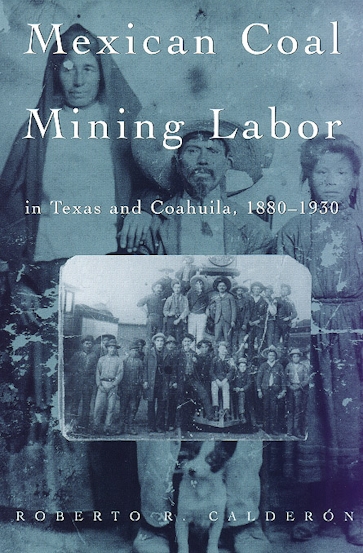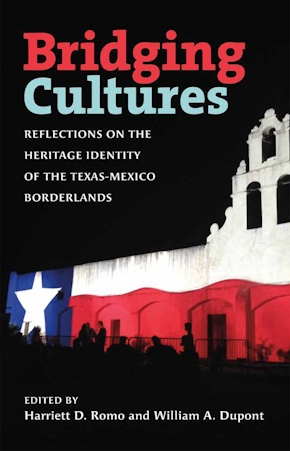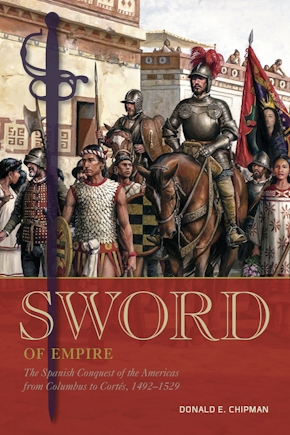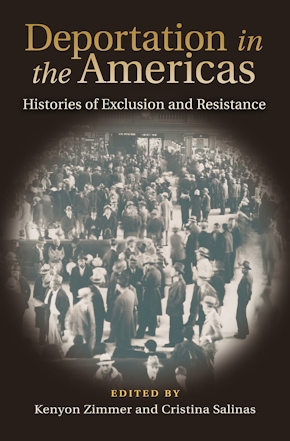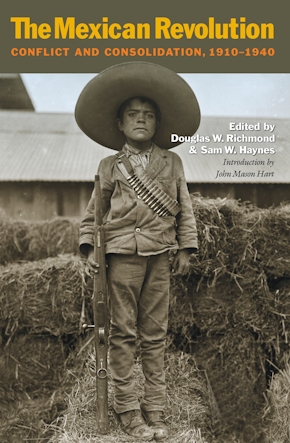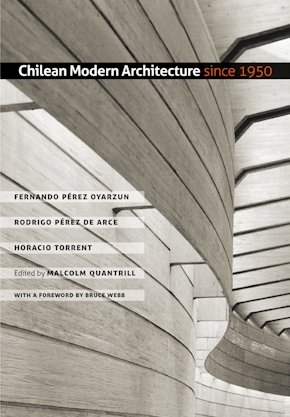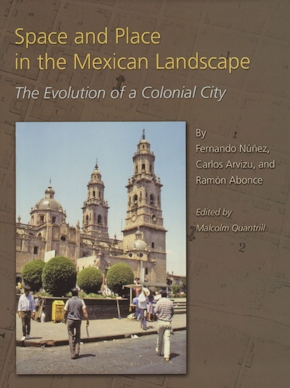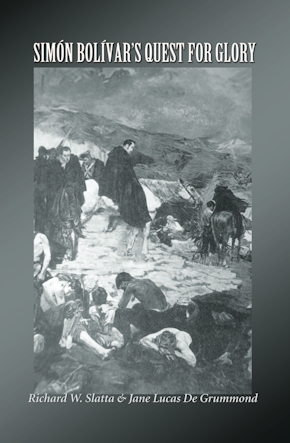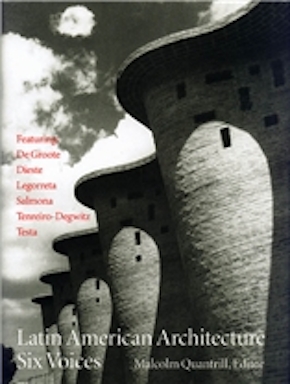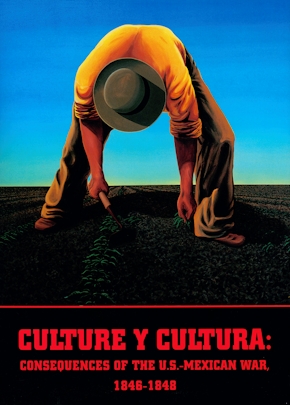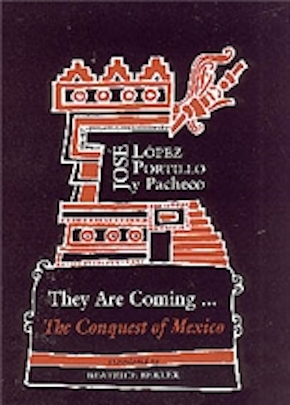Mexican Coal Mining Labor in Texas and Coahuila, 1880-1930
978-0-89096-884-0 Cloth
6 x 9 x 0 in
316 pp. 17 b&w photos., 3 maps., 19 tables., 4 graphs.
Pub Date: 01/01/2000
Available
Departing from the standard studies of Texas or Mexican mining which remain lodged within the nation-state, in Mexican Coal Mining Labor in Texas and Coahuila, 1880-1930, Roberto Calderón presents a transnational comparative framework for understanding the complex matrix of mining, investment capital, labor markets, railroad construction, and racial ideology in Texas and Coahuila, Mexico, during a period of economic growth and social disruption on both sides of the border. Placing industry within the political economy of both Mexico and the western United States, he presents an intriguing discussion of the establishment of the mines, the industrial and urban markets, and the life and work of workers and their response to changing conditions. With detailed research, he paints a vivid portrait of the industry at the time unlike any existing history. In so doing, Calderón revises the view that Mexican workers were careless and difficult to work with and documents their struggle for recognition and union organization.
Using a rich array of archival, statistical, government, and periodical material, as well as personal accounts from those who lived the experience, Calderón brings a new approach to a subject usually only studied in terms of its geology. He also provides a specific demographic analysis of two important Texas border countries in coal production, Webb and Maverick, examining the influence of the immigrant labor population through such social variables as education, naturalization, literacy, and housing patterns. A final chapter details the workers' response to unions and the major labor actions that brought about changes in the general working conditions of the mines.
Mexican Coal Mining Labor is an original contribution to the fields of Chicano and Borderlands history, Texas history, and labor history.
Rio Grande/Río Bravo: Borderlands Culture and Traditions
About the Author
Published by Texas A&M University Press
